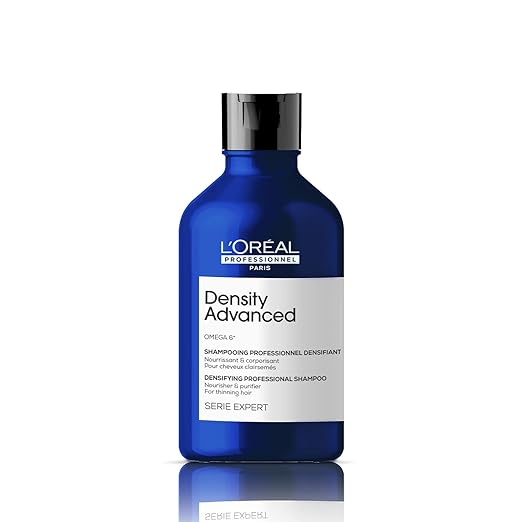No products added!
# Skin Care Myths: Separating Fact from Fiction
When it comes to skincare, misinformation spreads like wildfire. Many people follow skincare routines based on myths rather than science, often causing more harm than good. Let’s bust some common skincare myths and set the record straight.
Myth 1: Oily Skin Doesn’t Need Moisturizer
Many believe that moisturizing oily skin will make it greasier. However, skipping moisturizer can actually increase oil production. When the skin lacks hydration, it compensates by producing excess sebum, leading to breakouts. Opt for an oil-free, lightweight moisturizer to keep your skin balanced and hydrated.
Myth 2: The Higher the SPF, the Better the Protection
While a higher SPF does offer more protection, the difference isn’t as significant as you might think. SPF 30 blocks about 97% of UVB rays, while SPF 50 blocks around 98%. The key is reapplying sunscreen every two hours, especially if you are outdoors. Don’t rely on high SPF alone—wear hats, sunglasses, and seek shade when necessary.
Myth 3: You Can Shrink Your Pores
Pores do not open and close like doors. While certain products can minimize their appearance, they cannot be permanently shrunk. Using exfoliants like salicylic acid or retinoids can help keep pores clean and less noticeable, but their size is largely determined by genetics.
Myth 4: Natural Ingredients Are Always Better
Just because something is natural doesn’t mean it’s good for your skin. Many natural ingredients can be irritating or cause allergic reactions. For example, lemon juice is highly acidic and can disrupt the skin’s pH, leading to irritation and sensitivity. Dermatologist-approved ingredients, whether synthetic or natural, are the safest choices.
Myth 5: Acne Is Only a Teenage Problem
Acne isn’t limited to teenagers. Many adults suffer from hormonal acne well into their 30s, 40s, and beyond. Stress, diet, and improper skincare can also contribute to breakouts. A good skincare routine, including gentle cleansing, exfoliation, and targeted treatments, can help manage adult acne.
Myth 6: You Don’t Need Sunscreen on Cloudy Days
UV rays penetrate through clouds, meaning your skin is still at risk even on overcast days. UVA rays, which cause premature aging, can pass through glass as well. Applying sunscreen daily, regardless of the weather, is crucial for long-term skin health.
Myth 7: Toothpaste Can Cure Pimples
Toothpaste contains ingredients that may dry out pimples, but it can also irritate the skin and cause redness or even burns. Instead of using toothpaste, opt for spot treatments containing benzoyl peroxide or salicylic acid for safer and more effective results.
Myth 8: Drinking Water Alone Hydrates the Skin
While staying hydrated is essential for overall health, drinking water alone won’t guarantee glowing skin. External hydration, like using a good moisturizer, is equally important to maintain the skin’s moisture barrier.
Final Thoughts
Skincare should be based on science, not myths. Understanding what truly works for your skin can prevent unnecessary damage and help you achieve a healthy, glowing complexion. Always consult dermatologists or skincare experts before making drastic changes to your routine!











